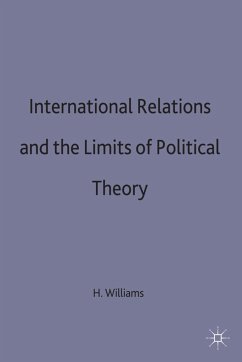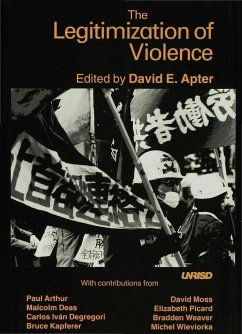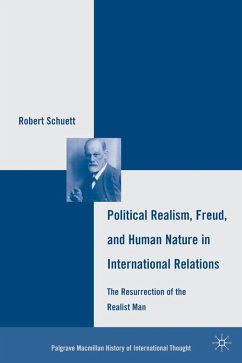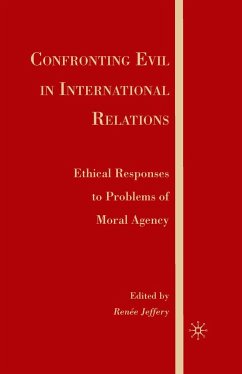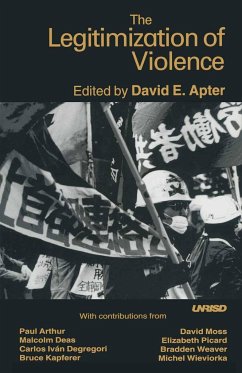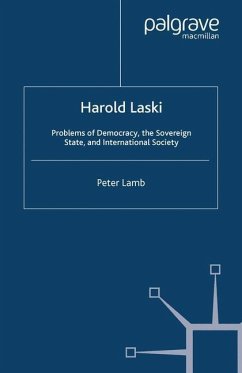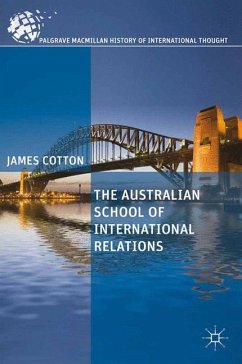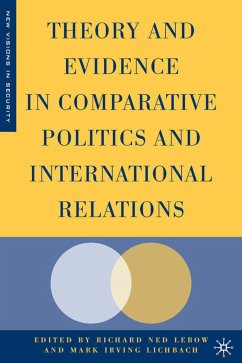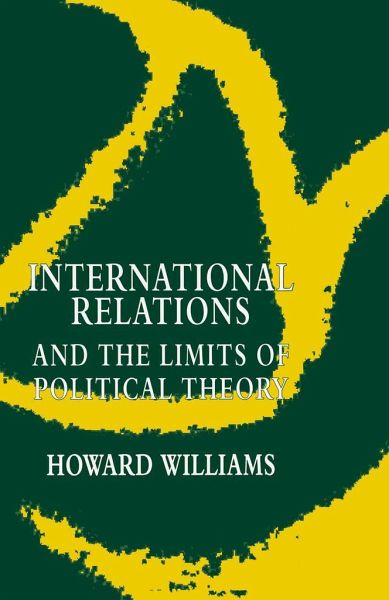
International Relations and the Limits of Political Theory
Versandkostenfrei!
Versandfertig in 6-10 Tagen
38,99 €
inkl. MwSt.
Weitere Ausgaben:

PAYBACK Punkte
19 °P sammeln!
This is a study of international relations and the limits of political theory. It examines political theory from Kant and Hegel through Nietzsche to Habermas, and the international political theory of Grotius, Locke, Hegel and Kant.
This book shows how the traditional concerns of political theory push it increasingly into the study of international relations. This is done, first, by demonstrating how many of the issues usually dealt with by political theory, such as democracy and justice, arise within an increasingly global context and, secondly, by considering how international issues, such as colonialism and war, are best illuminated by building on the work of political theorists. The book suggests that political theory and international relations theory can now both be successfully engaged in as a joint enterprise only.



